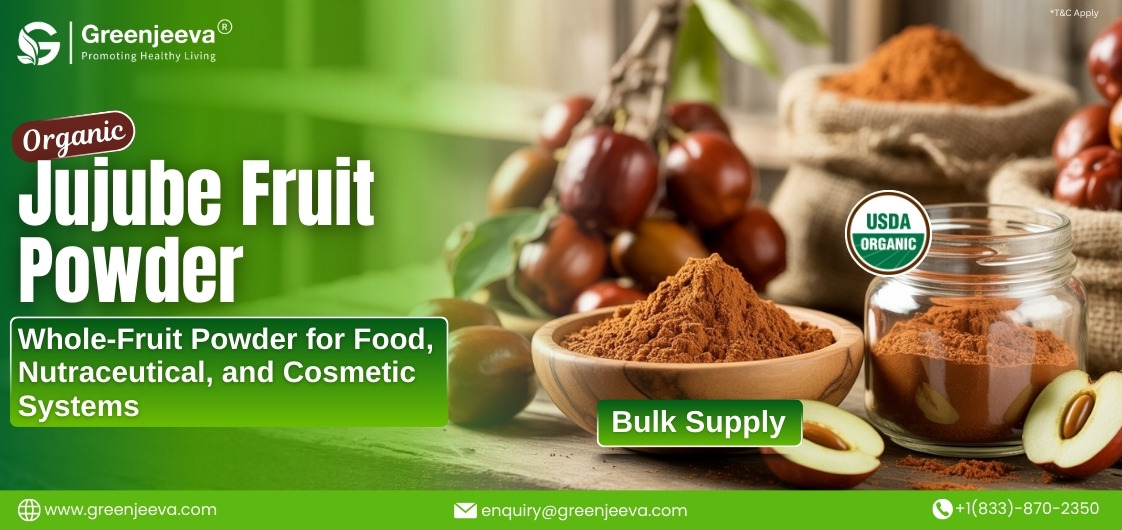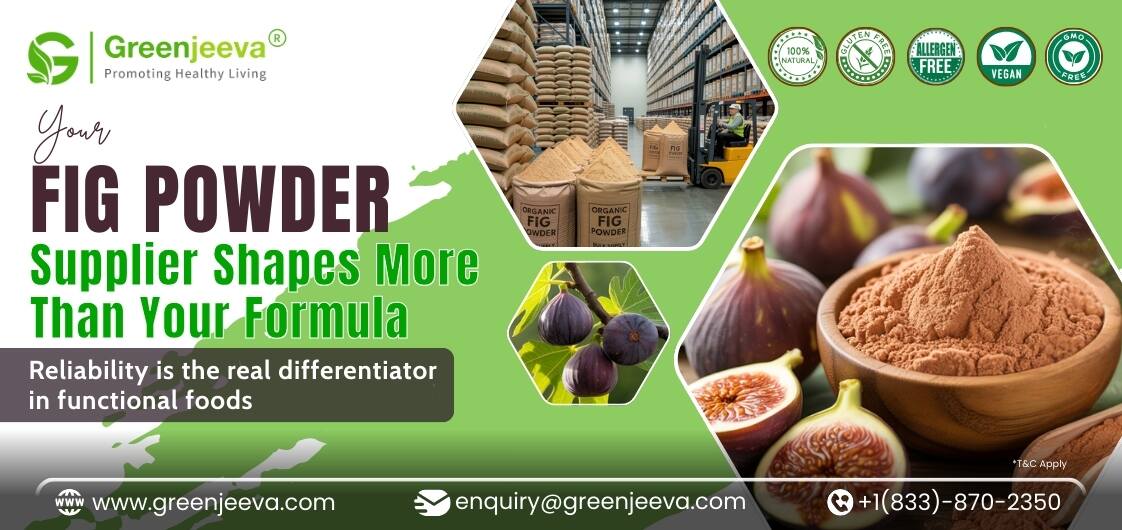The Evolution of The Non-Alcoholic Beverage Market: A Look at Raw Materials

The market for non-alcoholic beverages is rising, with consumers increasingly seeking healthier alternatives to sugary sodas and alcoholic drinks.
Flavored water, energy drinks, and ready-to-drink teas and coffees are all examples of non-alcoholic beverages that have seen a surge in popularity in recent years.
Functional drinks and kombucha, which offer various health benefits, are also gaining traction among consumers.
For businesses specializing in producing non-alcoholic beverages, it's essential to understand the raw materials required to make these products.
Here's a closer look at some of the most popular raw materials used in the production of non-alcoholic beverages:
- Water - Water is the most important raw material used in producing non-alcoholic beverages, accounting for a significant portion of the finished product. The quality and purity of the water used can significantly impact the flavor and quality of the final beverage. Many non-alcoholic beverage manufacturers use advanced filtration systems and reverse osmosis to ensure that their water is of the highest quality.
- Fruit Juices and Purees - Many non-alcoholic beverages use fruit or purees as a primary ingredient. These can come from various fruits, including oranges, lemons, limes, berries, and more. These raw materials provide flavor, color, and sweetness to the final product. They are often combined with other ingredients to create unique and flavorful beverages.
- Tea and Coffee - Tea and coffee are vital ingredients in ready-to-drink teas and coffees, which have become increasingly popular in recent years. These raw materials are sourced from around the world. They must be carefully selected to meet the desired flavor and quality standards. Tea and coffee are also ingredients in other non-alcoholic beverages, such as energy drinks.
- Sugar and Sweeteners - Many non-alcoholic beverages require sugar or other sweeteners to achieve the desired taste. These raw materials can come in various forms, including granulated sugar, high fructose corn syrup, and artificial sweeteners. Many manufacturers now opt for natural sweeteners, such as stevia and honey, to appeal to health-conscious consumers.
- Functional Ingredients - Many non-alcoholic beverages now incorporate functional ingredients that offer health benefits beyond basic hydration. Examples include probiotics, antioxidants, and vitamins. These ingredients require specialized sourcing and handling to ensure their efficacy in the finished product.
Exploring the demand for non-alcoholic drink raw materials
In addition to understanding the raw materials required to produce non-alcoholic beverages, manufacturers must also be mindful of sourcing and supply chain management. Many of these raw materials are sourced from around the world, and their availability can be impacted by weather conditions, political instability, and transportation disruptions. As such, it's crucial to have a robust supply chain management system to ensure a consistent supply of raw materials.
Furthermore, manufacturers must be able to adapt to changing consumer preferences and demand for new and innovative products. This means being open to exploring new raw materials and experimenting with different formulations to create unique and appealing beverages.
Are you searching for a dependable supplier of these ingredients?
Look no further than Greenjeeva. As a leading provider of wholesale ingredients, Greenjeeva streamlines the global supply chain for the nutraceutical industry. We handle all the necessary tasks, allowing you to focus on your core business. We ensure the prompt delivery of genuine products with proper documentation. Greenjeeva maintains a ready inventory and offers free shipping worldwide for large orders.
In conclusion, the demand for non-alcoholic beverages is on the rise. This trend is expected to continue in the coming years. Businesses specializing in producing these beverages must be well-versed in the raw materials required to make these products and have a solid supply chain management system in place.
By keeping up with changing consumer preferences and offering innovative new products, non-alcoholic beverage manufacturers can stay ahead of the curve and capture a larger market share.
Also read: https://www.greenjeeva.com/blog/the-evolution-of-the-dieting-concept-and-its-impact-on-the-industry
Disclaimer:
***These statements have not been evaluated by the Food and Drug Administration. This product is not intended to diagnose, treat, cure, or prevent any disease.***






